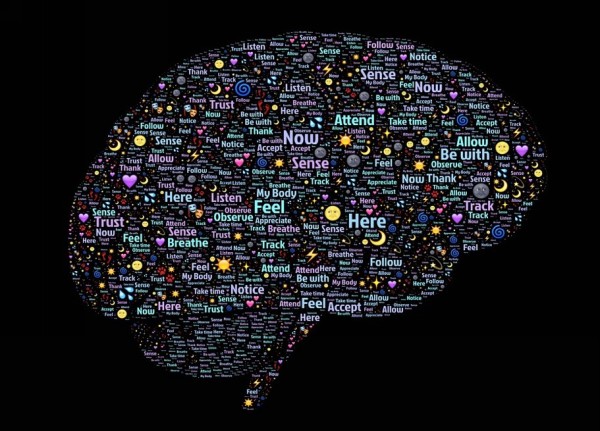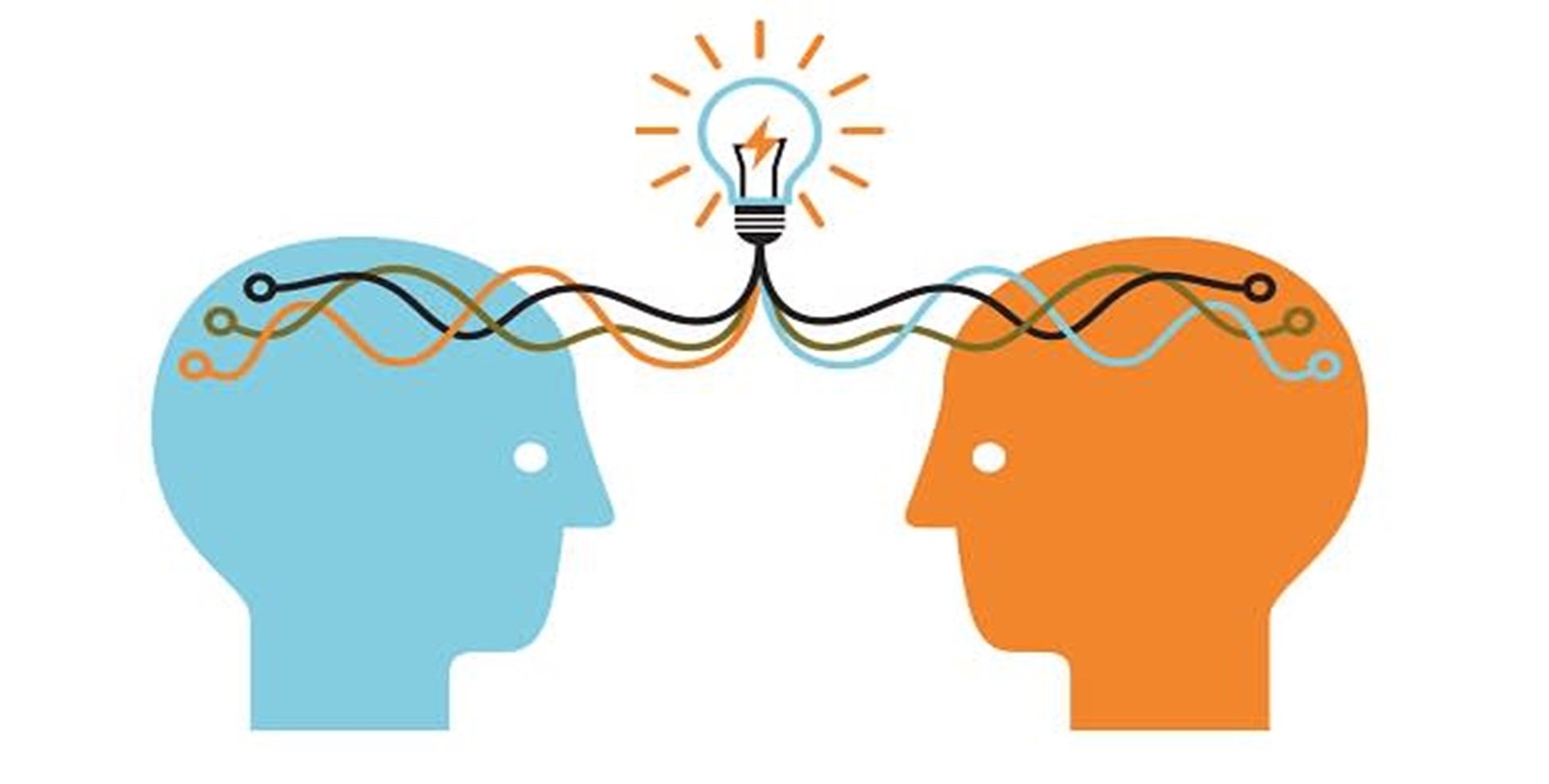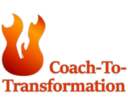

Neuroscience and Coaching
- Feb 10th 2020
A coach is called “an expert in facilitating self-directed neuroplasticity”1, a term highlighting Brain’s ability to change, as an intelligent organ that can redefine its networks.
The term self-directed is integral to concept of coaching, raising curiosity on causes of client behaviour, feelings and actions. What should the coach do with knowledge of neuroscientific basis of client’s situation?
PCC Markers and Core competencies provide the ideal behaviours a coach exhibits and so seems the best start point. Analysis of key terms in the markers shows that coach helps the client, encourages, acknowledges, partners with, shares, allows client to talk, assists, is responsive and observant, explores, notices, uses the client’s language, inquires and questions with a view to make client aware of the self and the situation. What do these mean from a neuroscience perspective?
Boyatzis and Jack2 provide an interesting view to the question, through Intentional Change Theory, that holds that engaging a person’s ideal self or personal vision is an essential driver of sustained, desired change (Boyatzis, 2008). Coaching with Compassion, appeals to the Positive Emotional Attractors (PEA), while Coaching for Compliance, works on the Negative Emotional Attractors (NEA) of the brain.
Addressing PEAs arouses positive emotions, Default Mode Network (DMN) of the brain and activates areas relating to motivation, social / emotional connections and visualisation – tests using fMRI confirm this. This allows the client to be open to new ideas, look at possibilities and be more tuned and create trust with the coach.
On the contrary, coaching to NEAs produced greater activity in regions associated with sympathetic stress response and self-consciousness.
This is consistent with PCC markers, which prefers the coach’s availability, over the hurry to find solutions. Does that mean that the coach is ‘endlessly’ available to the client at the client’s pace, even if it does not lead to anything?
PCC markers provide an important insight – through the element of pace setting in competencies 6, 9, 10 and 11.3 It is interesting that these happen much after creating agreement, trust, being present and active listening – areas that address the PEAs of client.
Action part of the coaching addresses what is known as Task Positive Network (TPN) of the neural system, which is required for decision making and focus, and client commitment.
While two domains of DMN and TPN conflict, the art of coaching is to balance the effectiveness of the two vital networks of our neural system.
As an aspiring coach, I believe it is important to recognise the role of neuroscience and with practice, understand instinctively and continue to be with client in exploring feelings, root causes, any dissonance with the vision, create awareness and to help client move forward towards desired goals.
“Neuroscience is an approach to explore the neural basis of thinking. It can help coaches and clients think about thinking. Its pursuit will generate more questions each time one is answered, but this is, as coaches know, the real value. The real power after all, lies in the questions.”4
References
- Amy Brann, “Neuroscience for Coaches”, Kogan Page.
- Richard E. Boyatzis and Anthony I. Jack – “The Neuroscience of Coaching”
- ICF PCC Markers – (6) Powerful Questioning; (9),(10) and (11) Designing actions, planning, goal setting, managing progress and accountability.
- Miles Bowman, Kathleen M Ayers, Joan C King and Linda J Page – “The Neuroscience of Coaching” – (The Wiley-Backwell Handbook of the Psychology of Coaching and Mentoring, First Edition, 2013)


Rajat Garg
Rajat is a Master Certified Coach (MCC) with over 18 years of industry experience and over 2500 hours of coaching experience, helping people and organizations attain maximum effectiveness. His background includes working with CXOs, senior managers, managers and board of directors of small private companies to multi-billion dollar publicly traded organizations.









0